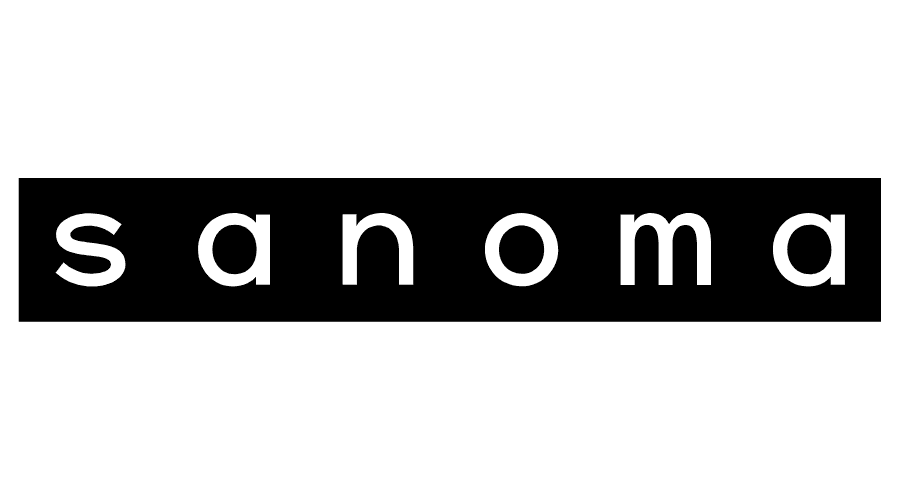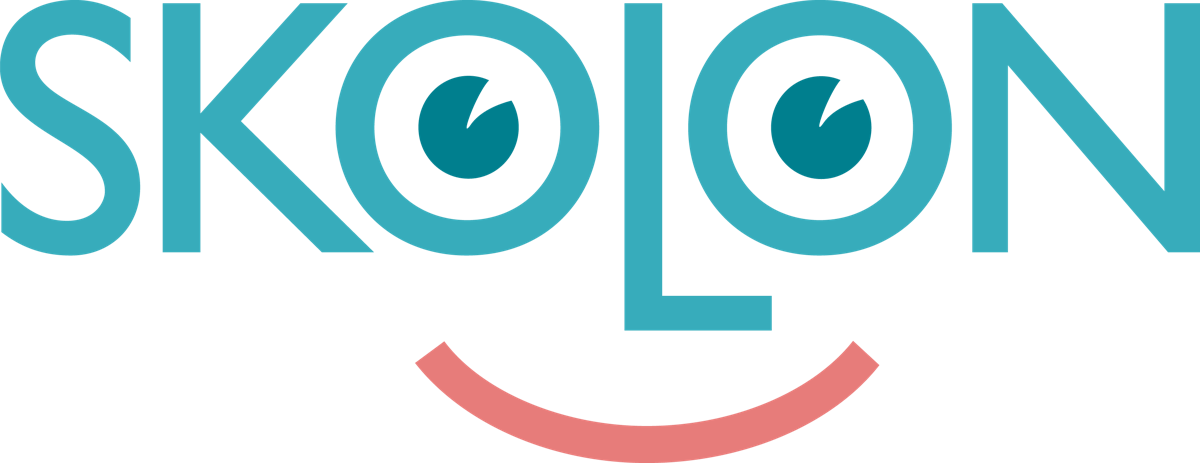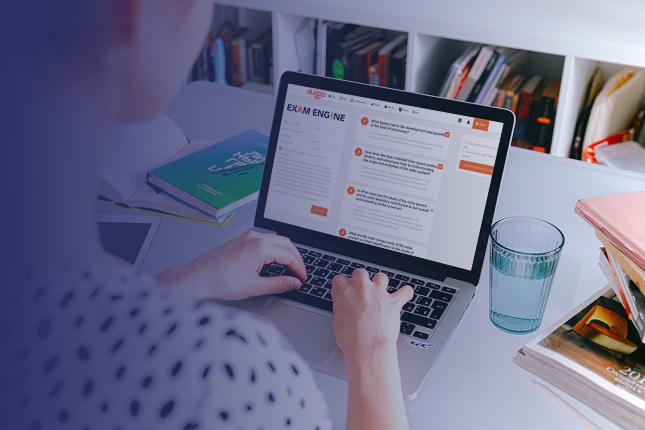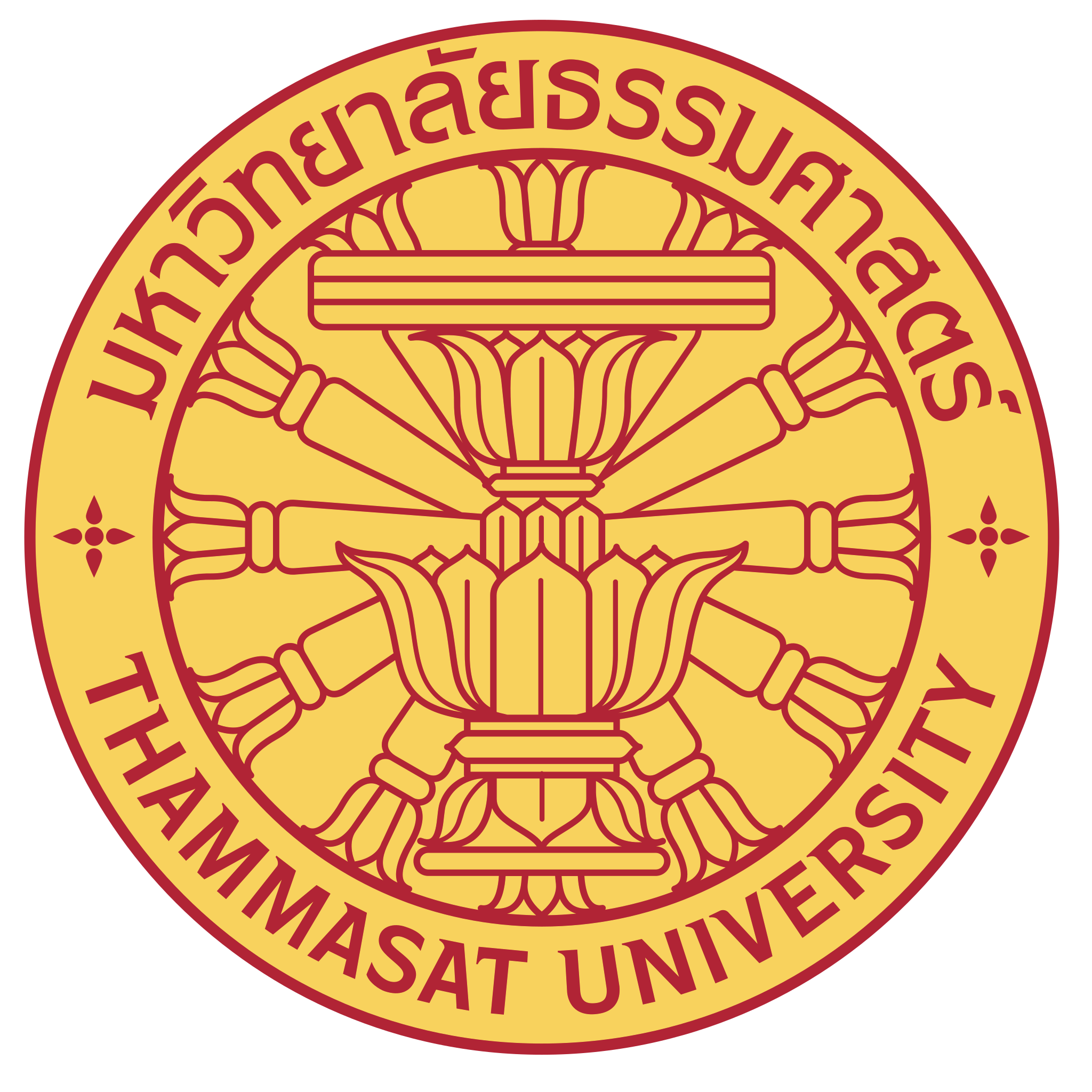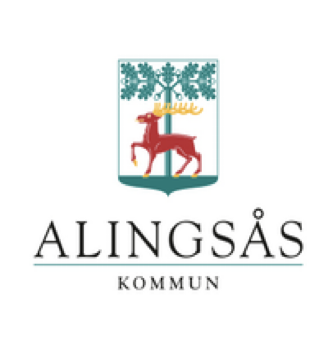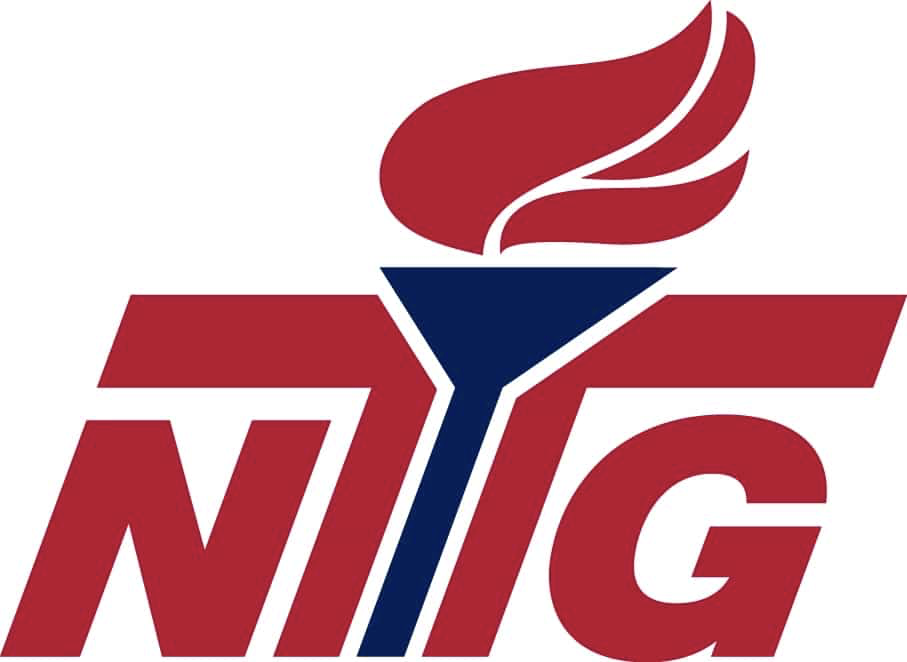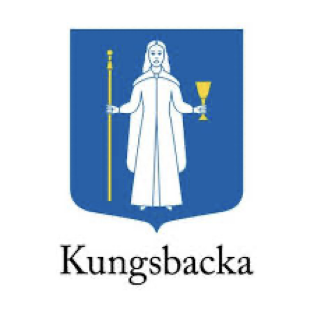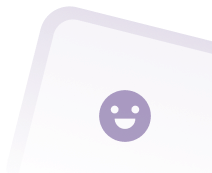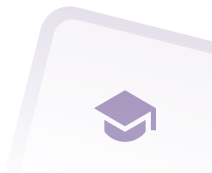
Secure online assessment for
education
Dugga empowers teachers and students with AI-driven, accessible, and secure digital exam solutions trusted globally.
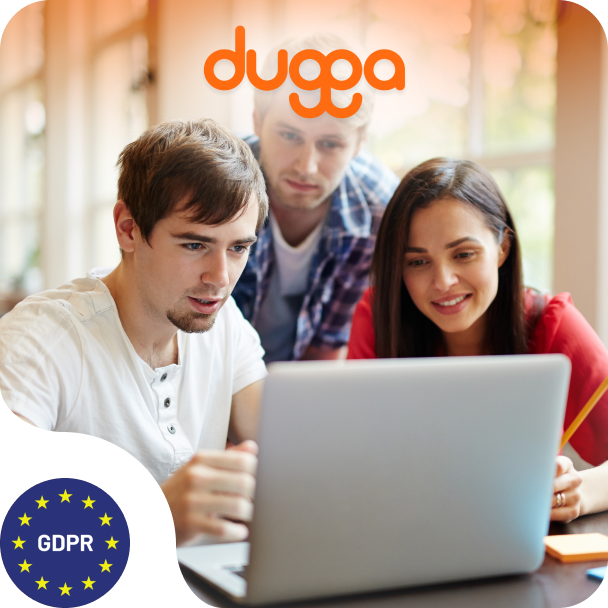

%20(1).png)
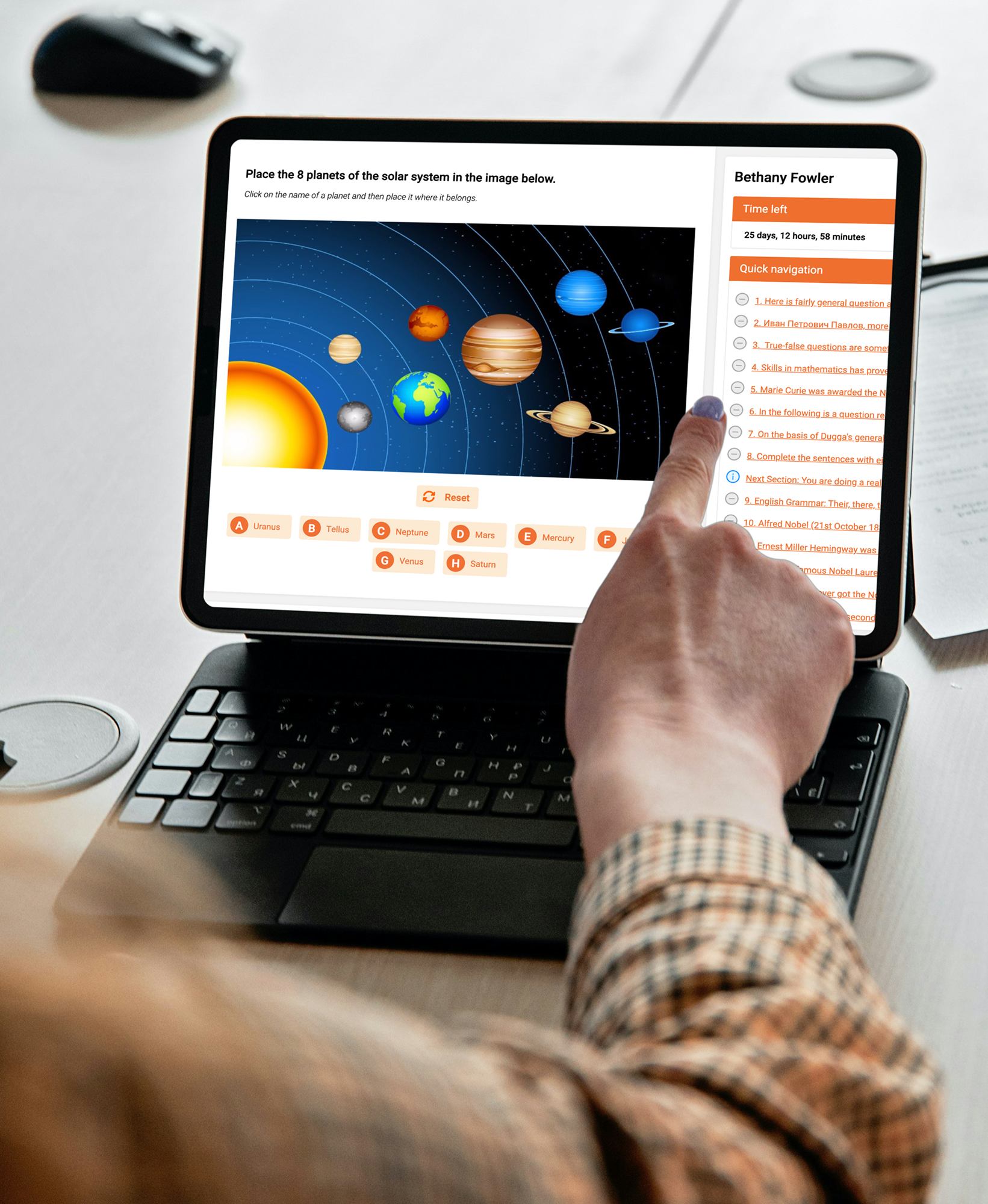
Maximize
exam efficiency
Unlock powerful features that simplify the entire assessment process

Auto-generate questions
Save time by instantly creating quality exam content

Built-in accessibility tools
Support diverse learner needs with screen readers, speech-to-text, and more.

Enterprise-grade security
End-to-end encryption ensures data privacy and exam integrity.

Lock-down mode
Prevent unauthorized access during assessments.

Automated & remote proctoring
Monitor exams with minimal manual effort.

Seamless LMS integration
Connect with your current system, no switching needed.
Why educators choose
Dugga
Assess with confidence. Embrace every learner. Shape the future. Educators worldwide trust Dugga for secure, efficient, and user-friendly digital assessments

Unmatched exam security
Dugga protects student data and prevents cheating, ensuring academic integrity at every step.

Significant time savings & learning gains
Dugga saves up to 98% of educators' time by automating grading and question generation, while enhancing student knowledge retention by 75%.

Seamless LMS integration
Dugga works effortlessly with all major LMS platforms, requiring minimal training or technical support for successful implementation.
Introducing

Dugga AI
Exam Engine
Save even more time with Dugga’s latest innovation, a powerful AI feature that helps teachers generate exam questions based on teaching material with a simple click!

Dugga's powerful
exam features
Secure, fair, and smart assessments, all in one platform.










Use Dugga in
Teams
and
Google Classroom
Sync your entire school community in just a few clicks, Dugga integrates securely with Microsoft Teams and Google Classroom


We believe that we can dramatically improve quality and equality in education by transforming learning assessment
Dr. Claudia Rademaker & Dr. Patrik Nilsson
Founders of Dugga
Real
voices,
real
impact
Educational institutions who have already started to assess with confidence and joined the future of assessment






